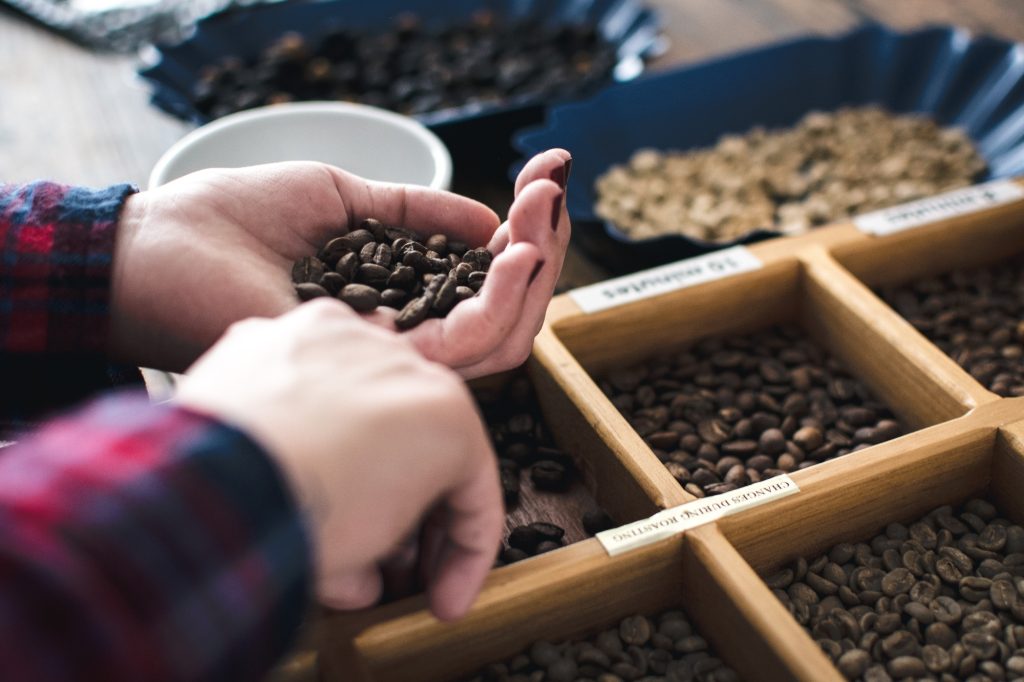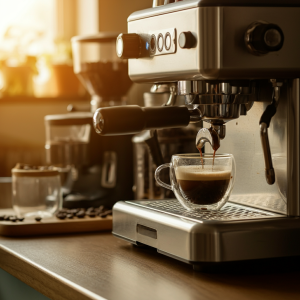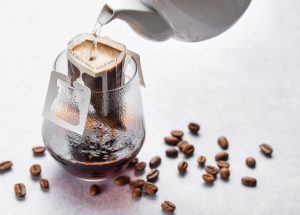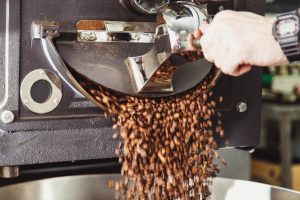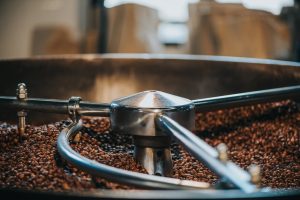
The Philippines is a country rich in tradition, diversity, and flavor—and its coffee culture is no exception. Filipinos have grown, brewed, and enjoyed coffee for centuries, creating a long-standing legacy of flavor and community. From the mountains of Batangas to the farms of South Cotabato, the country produces some of the world’s most distinct and underrated coffee beans.
Whether you’re a coffee shop owner looking for unique beans or a home brewer curious about expanding your palate, the Philippines offers many options guaranteed to inspire your next cup. This guide will walk you through the types of coffee beans grown in the Philippines, their distinct profiles, and how you can enjoy them while supporting local farmers and sustainability.
A Look at the Types of Coffee Beans in the Philippines
There are four major types of coffee beans globally—Arabica, Robusta, Liberica, and Excelsa. The Philippines is one of the few countries that produce all four, making it a unique destination for coffee enthusiasts. Each type grows in specific environments, delivering unique flavor profiles that cater to various tastes.
Arabica
Known for its delicate flavors and aromatic qualities, Arabica grows in cooler, high-altitude regions. Farms in Benguet, Sagada, and Mt. Apo are renowned for producing Arabica beans with floral and fruity notes, ideal for a lighter, more refined brew.
Robusta
Robusta is the go-to bean for those who prefer bold and bitter coffees. It’s grown primarily in lower-altitude regions like Bukidnon and Cavite. Its high caffeine content and earthy flavor make it a popular choice for espresso blends.
Liberica
A national treasure in Philippine coffee culture, Liberica is locally referred to as “Barako.” Originating from Batangas, Barako beans are known for their strong, smoky aroma and bold flavor. They symbolize Filipino coffee heritage and are perfect for a full-bodied, robust cup.
Excelsa
Excelsa beans, often grown in the Southern Mindanao region, offer a unique taste with tart, fruity, and nutty undertones. They’re frequently used in blends to add depth and complexity, making them a favorite among adventurous coffee drinkers.
Detailed Profiles of Popular Filipino Coffee Beans
Barako Coffee
Barako coffee, made from Liberica beans, is one of the most famous Philippine coffee varieties. Its name, which translates to “stud” or “manly” in Filipino, suits its bold and intense flavor. Barako coffee has a strong smoky aroma and a hint of dark chocolate, making it perfect for black coffee enthusiasts. Known for its cultural significance, Barako is more than just a drink—it’s a symbol of Filipino pride.
Benguet Coffee
Sourced from the highland farms of Benguet, this Arabica variety is celebrated for its mild, fruity, and floral notes. Benguet coffee is ideal for those who enjoy smooth and balanced flavors. It pairs wonderfully with light breakfasts or afternoon snacks, offering a refined touch to your brewing routine.
Mount Matutum Coffee
Flourishing in the volcanic soils of South Cotabato, Mount Matutum coffee is a favorite among specialty coffee drinkers. Grown from a mix of Arabica and Excelsa beans, it delivers a rich, nutty flavor with hints of cacao. Every sip reflects the careful cultivation and sustainable farming practices of growers in the region.
Unique Flavors and Aromas of Filipino Coffee
What sets Filipino coffee apart is the depth and diversity of its flavors. From the tangy, citrusy brightness of Sagada Arabica to the deep, smoky boldness of Batangas Barako, there’s a coffee for every palate. The tropical climate and mineral-rich soil create beans that are complex yet approachable.
For blend enthusiasts, Excelsa’s tart and fruity notes can add a surprising twist to traditional brews, while Robusta lends body and intensity to espresso blends. With so many flavor possibilities, exploring Filipino coffee feels like a never-ending adventure.
Tips for Brewing and Enjoying Filipino Coffee at Home
To get the most out of your Filipino coffee beans, here are some brewing tips:
- Choose the Right Grind: Barako beans work best with a coarse grind for French press brewing, while Arabica from Benguet shines with a medium grind for pour-over methods.
- Use Fresh, Filtered Water: Good water quality elevates the coffee’s natural flavors, so don’t overlook this crucial step.
- Mind the Temperature: Aim for a water temperature between 195°F and 205°F (90°C to 96°C) for optimal extraction.
- Experiment with Ratios: Start with a 1:16 coffee-to-water ratio and adjust to taste.
- Pair with Local Pastries: Enjoy your brew with Filipino treats like pandesal or suman for an authentic experience.
Sustainability and Ethical Sourcing in Philippine Coffee
Behind every cup of Filipino coffee is a farmer whose livelihood depends on sustainable practices. Many local coffee farms prioritize eco-conscious methods like organic farming, crop rotation, and reducing pesticide use, preserving the environment while delivering superior beans.
Also, ethical sourcing initiatives are growing in the Philippines. Programs that offer fair wages, direct trade agreements, and community support are becoming common, ensuring that smallholder farmers benefit directly from their hard work. By choosing Filipino coffee, you’re not just savoring a great cup—you’re supporting a growing movement for sustainability and fairness.
Expert Insights from Filipino Coffee Farmers
The heart of Filipino coffee culture lies with its farmers. We spoke with Lito, a coffee grower from Benguet, who shared, “Every bean we harvest is a labor of love. It’s not just coffee—it’s our passion, our community, and our legacy.”
Echoing this sentiment, Maria, a grower from Batangas, emphasized the importance of tradition. “Barako represents who we are as a people—fierce, resilient, and full of character.”
For coffee enthusiasts, these stories add a layer of depth and connection to every cup.
Elevating Coffee Culture, One Cup at a Time
The Philippines offers a rich tapestry of coffee flavors, a testament to its diverse geography and proud traditions. From Barako’s strength to Benguet’s finesse, every bean tells a story worth savoring. Beyond its flavors, Filipino coffee exemplifies the importance of sustainability and supporting local farmers, making every sip a meaningful act.
Looking to bring the essence of Filipino coffee into your everyday routine? Explore beans from across the country, experiment with brews, or even visit a local café that sources from Filipino farmers. Together, we can celebrate and elevate Philippine coffee culture globally.
Your next great cup starts here. Discover the richness of Filipino coffee today.

